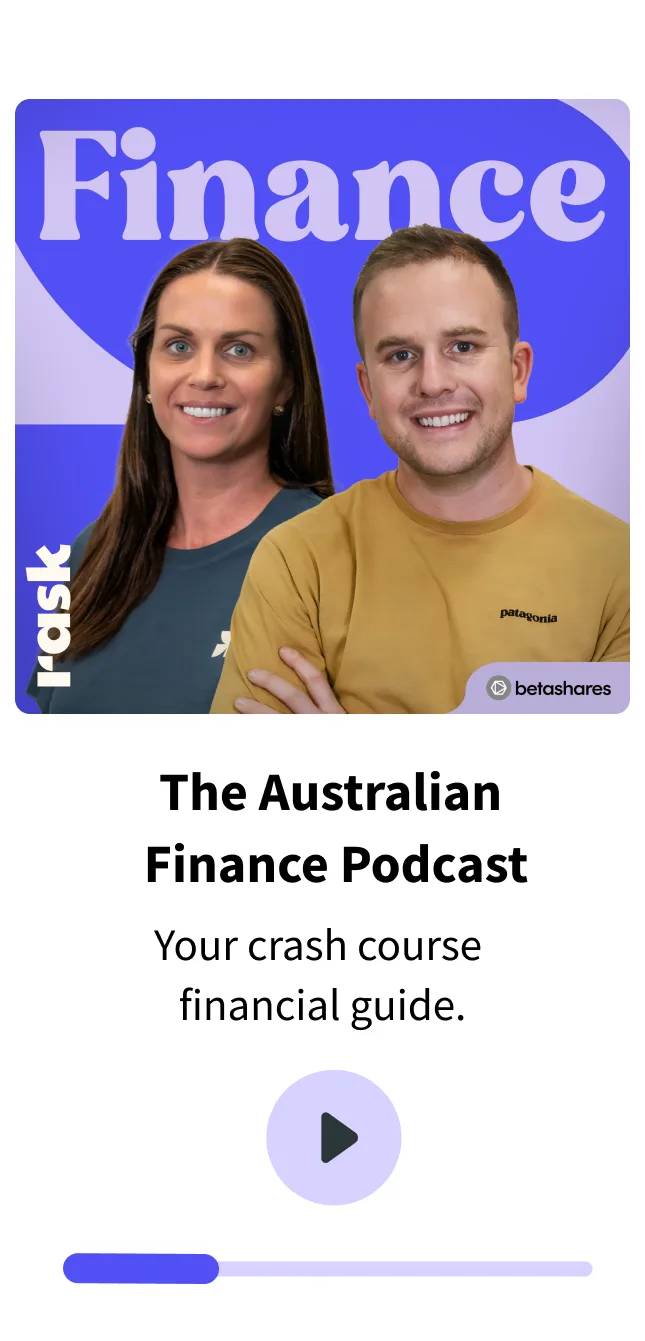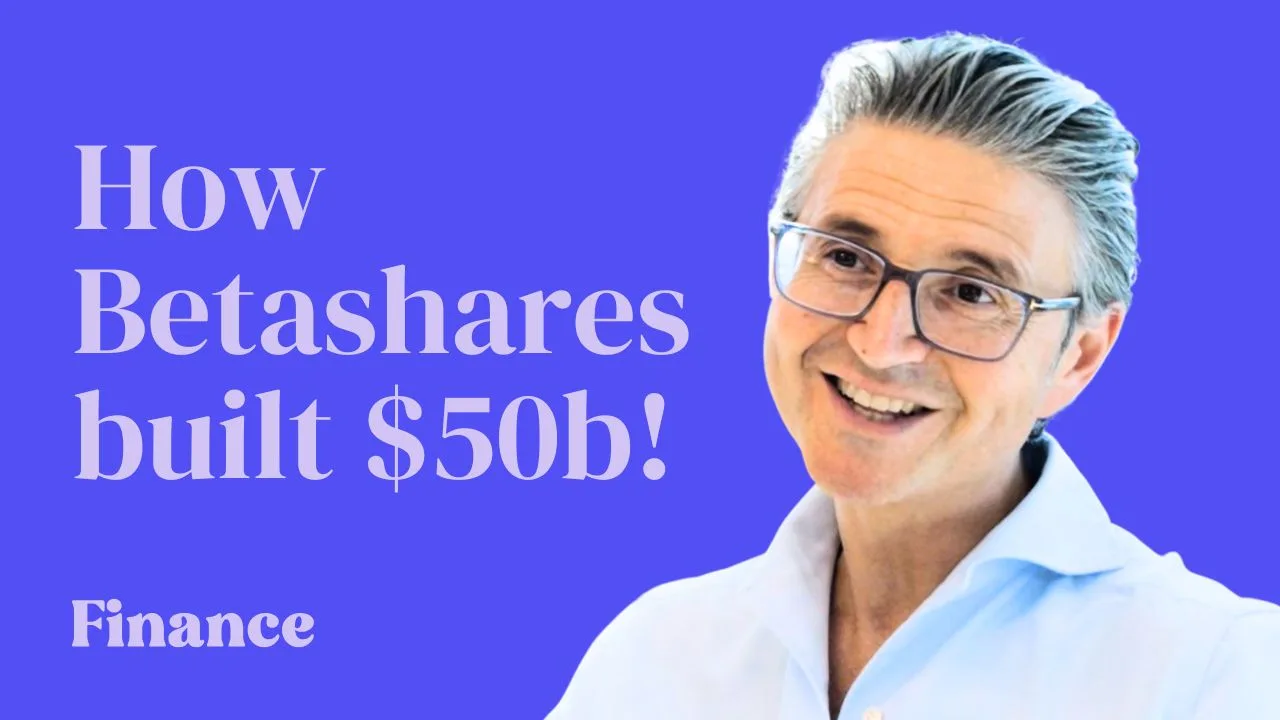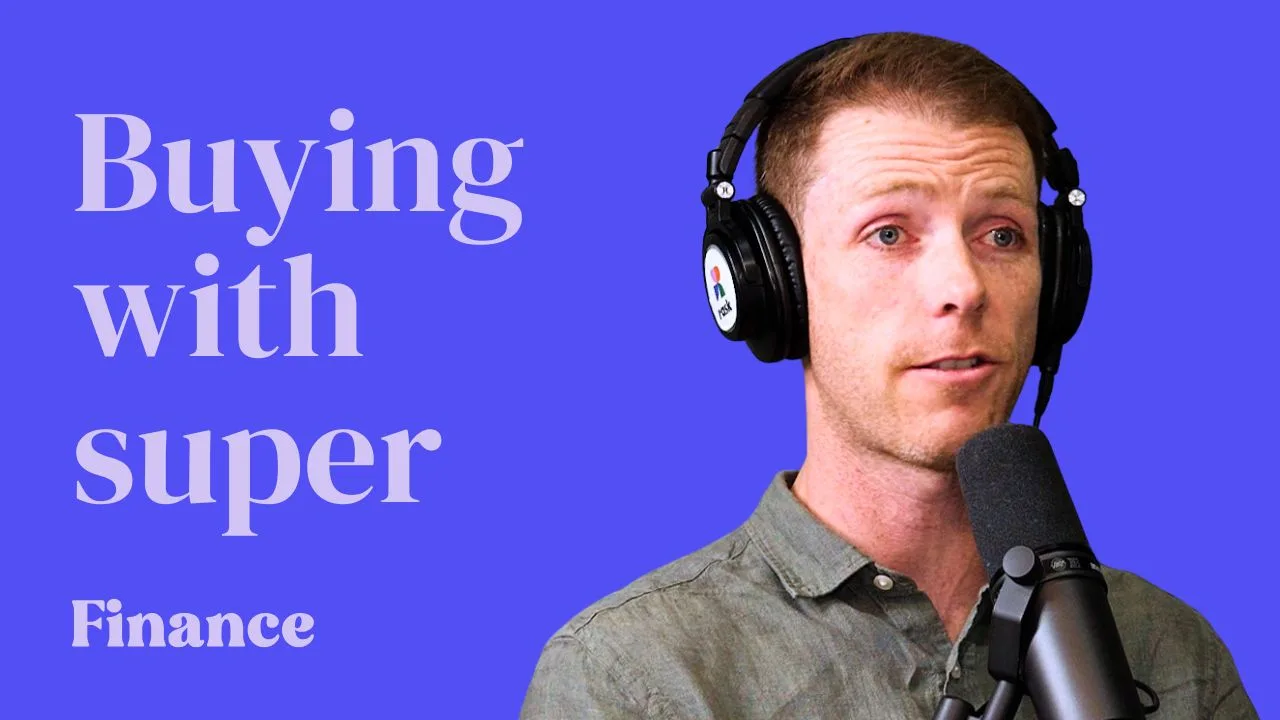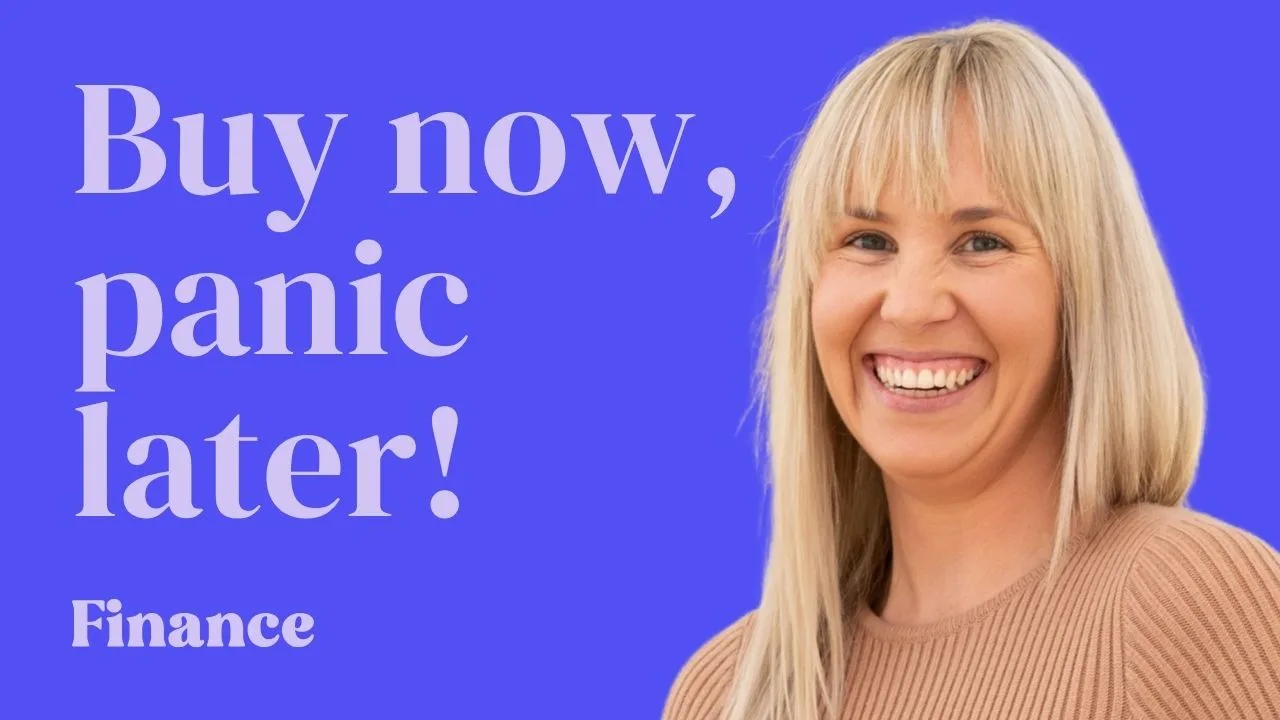Want to start a small business or side hustle this year?
Owen Rask shares two ways to start a small business this year, including why starting your own business can be a positive step to take in your career.
There are a few reasons I want you to consider starting a business:
- You help people by solving problems (e.g., the iPhone connects you to the internet; the baker makes you crunchy toast; the cleaning company makes you feel comfortable in your surroundings)
- You can spend your time acting ethically – you get to choose where your moral line is drawn in the sand. For example, when you run a physio business, you might choose to take fewer private clients, which pay you more, and use the extra cash you get from that to support more work with NDIS or children. You can make a profit on both, but you do it knowing that you can go the extra mile if you want to.
- The “no dickheads” policy. When you run your own business, you can choose who you work with. If you have doubts over someone’s character or ethics, you won’t hire them. One bad apple sends the cart off the track anyway.
- Pride. My dad was a very successful painter. I remember his pride when we used to drive past hours or schools, and he would tell me, “I painted that”. His father was a carpenter. “Poppy built that place.” When you love what you do, and you own it, you feel a huge sense of pride. That’s why many of us say ‘he doesn’t have kids, his business is his baby’.
- Money. Finally, IF you get it right, you stand to make much more money doing business yourself. But most businesses fail. And even amongst those that survive, most of them you would never want to own or run. I’m talking about plumbers who make $400,000 per year with 2-3 people in their team. Or the corner store pharmacy business, which turns over $2 million. Or the OT business which charges nearly $200 per hour to provide much-needed services on the NDIS.
Kiyosaki’s Quadrant
- Salary
- Contractor
- Business owner
- Investor
There are some downsides too:
- Many businesses will fail. It’s not nearly as extreme as some people believe (some say ‘90% failure in one year’, which isn’t true). See our free business course.
- There is no work-life balance. You’ve probably seen your family member who owns a business constantly looking skittish at the family BBQ. That’s their frayed nerves from years of thinking their business will die. You will have to find creative and thoughtful ways to separate your work from home, practice mindfulness, get your partner on board with the journey, be vulnerable to weaknesses or failure, and be open-minded.
- The entitlement in Australian society will drive you nuts. As a PAYG-er, you get 4 weeks annual leave, sick leave, bereavement leave, Super, tax withheld, workcover… the Government doesn’t pay that. The business owner who employs you pays it. Basically, in Australia, every new rule that unions or the government proposes comes at the cost of business owners. I’m convinced this is why many businesses fail.
On balance, hearing this, many of us will decide not to pursue our own business. Under 10% (or 1-in-10) of Aussies pursue a business. Whether that’s a sole trader using an ABN or a company with 10 employees.
The most common type of business is a micro business. You might not realise it, but these small businesses are the fuel for Australia’s free healthcare; they support pension payments, prop up the Super system, enable tax revenue to be spent on defence, and more.
So, as a society, we need you to at least think about being entrepreneurial. To take risks. Identify a problem. And solve it.
If you’re up to it, there are two ways to start a business. One is easier and lower risk, the other is much harder.
Test the water with one foot.
The easiest way to start a business is as a side hustle, or 5-to-9. This is not about creating pottery or selling christmas cards on etsy. It’s about taking what you know and do at work (e.g. as a lawyer) and using that skillset to slowly nurture your own business idea.
-
-
- Work at multiple places to learn best practice
- Use your salary to prepare yourself (e.g. qualifications) and business (e.g. research competitors)
- Review your non-compete (if any)
- Discuss your business plan with your partner and family (who have a business)
- Identify at least 3 big risks / challenges (pop them in Notion)
- Build up an emergency fund of X months or years to support a lower wage
- Create a company (see below) and register an ABN (free) and business name
- Open a bank account
- Register the website URL and social media handles
- Set a time every week to work on the business idea – use our free workbook
- Set a timeline to start – business opportunities are lost faster than you release
- Connect with a trusted accountant, lawyer (if needed) and coach (if needed)
-
Test the water with two feet.
The harder option, and often the only option when a non-compete is in place, or if you buy a business.
-
- Again, follow as many of the steps I just mentioned. Especially, get legal advice, get money in the bank and talk to your partner.
- You may need to get funding, which means going to the faithful, friends, family and business partners / backers.
- You’ll need a clear business plan, research and pitch deck.
- Is there a co-founder or silent partner who can support you? You may not have to pay someone cash for their work or support, explore using sweat equity.
- What’s the quickest way to get to MVP? A website, container app, or work as a contractor?
- You may need to get creative on finding money to support you – or a sugar mumma.
- You will need to get yourself ‘in the ring’ and hustling for marketing and sales.
- Take as many coffees as possible. Keep notes. It’s only when you grow you can say ‘no’.
The hardest part of starting a business is identifying the opportunity. Once you do, provided you have the skills, you can work backward to find the solution.
And if you can start a business and make it a success, your financial upside is virtually unlimited. You will be in control of your time, your money and your impact on the world. But for the shot at being in that 5% or 10% of business owners, you’ll have to be methodical, smart, shrewd and open to feedback.





